Paper and pulp supplier says it needs support of players like L’Oréal to go greener
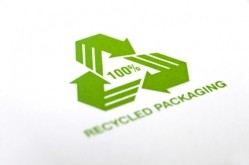
To mark the anniversary of committing to zero clearance of natural forests in Indonesia, the company said that it needed the support of organisations and business it supplies to help it maintain the committment and ensure that everyone is on the same page.
The protection of forests and the reduction of manufacturers’ carbon footprint is becoming an increasingly important goal across a multitude of industries, and in the cosmetics industry one of the biggest areas to target is packaging and the materials used.
Last February Asia Pulp & Paper announced a permanent end to natural forest clearance through the introduction of its Forest Conversation Policy (ACP).
A year on and APP calls for more support
A year later, the company has launched an anniversary report, which highlights what the company has achieved during that year, but perhaps more importantly, stressed the fact that it now needs the support of NGO’s, governments and businesses to ensure the success of the programme, both in Indonesia and worldwide.
Its commitment protects over2.6 million hectares of forest concessions and is claimed to be the largest and most ambitious plan for the implementation of landscape level High Conservation Value (HCV) and High Carbon Stock (HCS) principles in the world.
However, the company says that the long-term success of its programme will depend on the co-operation and commitment of other forestry stakeholders, namely in Indonesia.
Is everyone on the same page?
“We are creating management plans to ensure the viability of the 2.6 million hectares that our suppliers are responsible for,” said Aida Greenbury, APP’s managing director of sustainability and stakeholder engagement.
“However, unless all of Indonesia’s land is properly managed too, then the forest landscape will continue to be at risk from further degradation.”
But just as stakeholders at this end of the supply chain can have a significant bearing, the cosmetics industry can also play its part by committing to play its part in the goals towards reducing deforestation.
Unilever and L'Oreal make the committment
Further to L’Oréal’s commitment to zero deforestation in its supply chain by 2020, the company has also said it aims to use 100% certified board and paper for its packaging and only source sustainable palm and soya oil within the same time-frame.
Unilever has also implemented a similar policy to remove deforestation from its supply chain by 2020
Last month Greenpeace applauded the decision by L’Oréal and Unilever to remove forest destruction from their supply chain, but also said that the pressure would be maintained to ensure that both it and Unilever would met its objectives.
“While L'Oreal' and Unilever's No Deforestation commitments send a strong signal to the sector, they still allow their suppliers six more years to clear forests,” said Bustar Maitar, head of the Indonesia Forest Campaign at Greenpeace International.
“With global warming and rapid biodiversity loss, we urge these companies to guarantee consumers that their products will be free from forest destruction before their 2020 deadline.”
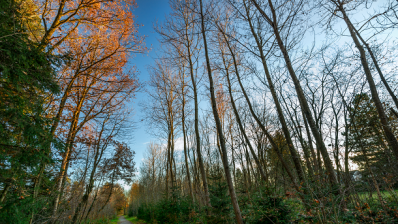
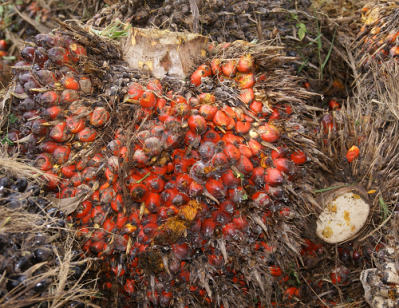
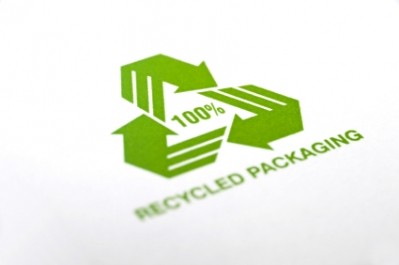
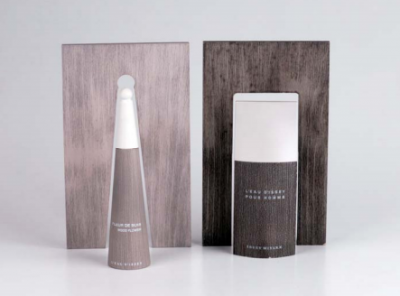

![Able C&C has furthered its partnership with Japanese discount chain Daiso with new makeup launch. [A'pieu]](/var/wrbm_gb_food_pharma/storage/images/_aliases/wrbm_tiny/publications/cosmetics/cosmeticsdesign-asia.com/headlines/brand-innovation/a-pieu-and-daiso-launch-exclusive-2-makeup-line/17339117-1-eng-GB/A-pieu-and-Daiso-launch-exclusive-2-makeup-line.jpg)
![Down Under Enterprises is setting sights on the Asian market as environmental sustainability and traceability become increasingly important. [Getty Images]](/var/wrbm_gb_food_pharma/storage/images/_aliases/wrbm_tiny/publications/cosmetics/cosmeticsdesign-asia.com/headlines/market-trends/down-under-enterprises-shifts-focus-to-china-as-environmental-sustainability-traceability-come-into-the-spotlight/17304932-1-eng-GB/Down-Under-Enterprises-shifts-focus-to-China-as-environmental-sustainability-traceability-come-into-the-spotlight.jpg)
![News updates from Shiseido, Dr.Ci:Labo, Sephora, and more. [Shiseido]](/var/wrbm_gb_food_pharma/storage/images/_aliases/wrbm_tiny/publications/cosmetics/cosmeticsdesign-asia.com/headlines/brand-innovation/updates-from-shiseido-dr.ci-labo-sephora-and-more/17334944-1-eng-GB/Updates-from-Shiseido-Dr.Ci-Labo-Sephora-and-more.jpg)

![Clariant has underscored the importance of localisation strategies and distribution capabilities in China with beauty trends evolving at a rapid pace. [Getty Images]](/var/wrbm_gb_food_pharma/storage/images/_aliases/wrbm_tiny/publications/cosmetics/cosmeticsdesign-asia.com/article/2024/04/16/clariant-emphasises-importance-of-localisation-in-the-era-of-viral-trends/17327969-1-eng-GB/Clariant-emphasises-importance-of-localisation-in-the-era-of-viral-trends.jpg)

![We dive into our most-read stories on formulation and science. [Getty Images]](/var/wrbm_gb_food_pharma/storage/images/_aliases/wrbm_tiny/publications/cosmetics/cosmeticsdesign-asia.com/headlines/formulation-science/skin-science-latest-stories-on-cosmetics-science-and-formulation/17334719-1-eng-GB/Skin-science-Latest-stories-on-cosmetics-science-and-formulation.jpg)



